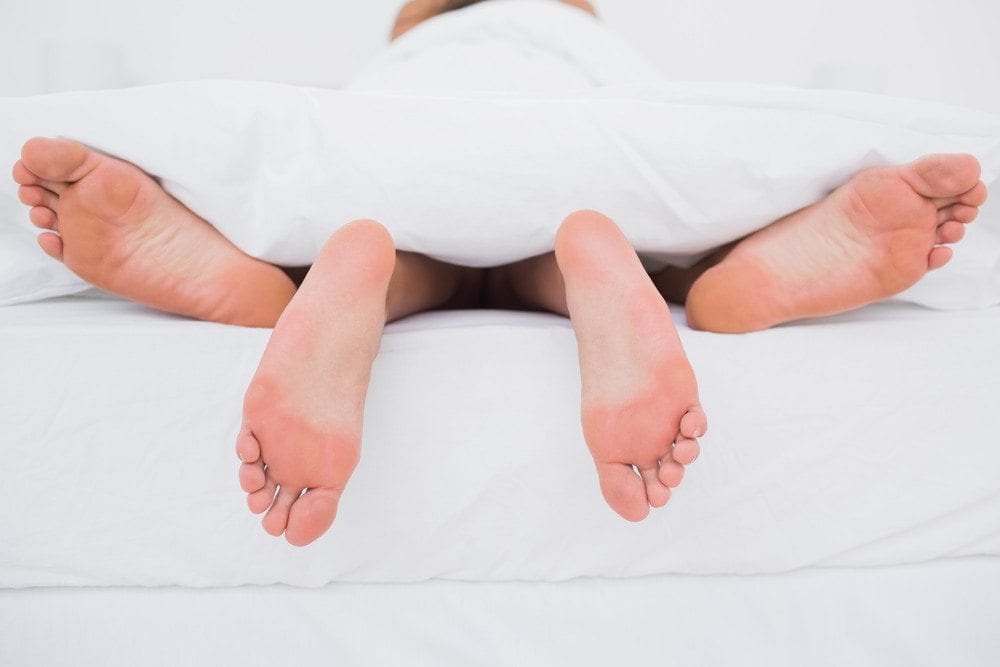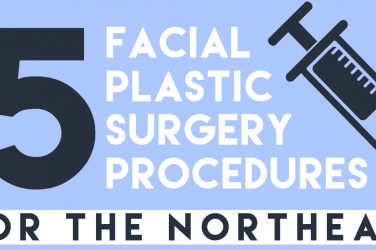There are a range of sexually transmitted infections, Human Immunodeficiency Virus (HIV), Acquired Immune Deficiency Syndrome (AIDS), Chlamydia, Gonorrhea, Pelvic Inflammatory Disease (PID), Genital Warts, Human Papillomavirus (HPV), Syphilis etc. They are often known as STI’s or in some cases STD’s. You can catch a sexually transmitted infection from sexual practices. Vaginal, anal and oral sexual practices are not the only methods of transmission, anyone who is in close genital contact with someone who is infected can catch the infection and if you share unwashed sex toys with someone who is infected, the infection can be passed on that way too. Any method that involves a transfer of body fluids can potentially pass on an infection, some of which have very serious long term consequences if left untreated. STI’s are easy to catch and are prevalent amongst society. You cannot tell who has an infection and there are no particular groups of people who are immune, you don’t even need to have lots of sexual partners to become infected. You can read more about Gonorrhea tests through www.gonorrheahometest.com.
A pregnant mother who is infected can pass the infection to her baby during childbirth.
Gonorrhea, also known as ‘the clap’, is a common infection and both men and women and the second most common STI in the United States. Gonorrhea is easily transmitted and is also easily treated although some strains are now becoming resistant to treatment. It is a bacterial infection and is therefore treated using a combination of antibiotics. Not everyone who is infected shows symptoms and the condition can therefore be left untreated, leaving the person open to complications, some of which can have serious consequences. Screening for STIs is important and anyone who is sexually active should do this.
Anyone who is sexually active can contract Gonorrhea.
Symptoms
Symptoms will appear in the affected area. There could be a discharge from the penis or vagina, there could be bleeding between periods, itchiness, pain or burning when urinating, pain or swelling or a sore throat. Sometimes symptoms are not present and in quite a large proportion of people they are not, or the symptoms may be confused with another condition. Symptoms would normally be present 10 – 14 days after infection
Testing
It is often embarrassment that prevents people taking a test but it has to be remembered that the physicians are there to treat you, not to judge you and your consultation with them is entirely confidential. They have seen a lot in their time and your condition will be nothing new to them! Testing is carried out via a swab or urine sample and results are available very quickly. You would normally be tested for other STI’s at the same time.
If your test result is positive, it is important that you tell any partners that you have had so that they can be tested too because, remember that not everyone will have symptoms and just because there are no symptoms present, it does not mean that you are free of the infection. It may be embarrassing to have to do that but you could potentially be saving someone the difficulties and complications of some serious health problems. If you have a long term partner, he /she could potentially pass the infection back to you again so make sure that you are both treated before having further sexual contact.
Sexually active men and women should be screened annually for gonorrhea and other STI’s as a matter of routine whether they have symptoms or not.
Treatment
Gonorrhea is treated using antibiotics. Antibiotics are injected and given orally. Treatment will deal with the current infection but will not protect you against subsequent infections. You should wait 7 days after your last antibiotic to have sex or if you have had symptoms, make sure you have been symptom free for at least 7 days.
It is very important that you follow the treatment protocol and don’t forget to take your medication. If, after treatment, you notice symptoms reappearing, you must contact your practitioner immediately for further treatment.
There are strains of gonorrhea emerging that are antibiotic resistant and research is currently underway to look at treatment options for those resistant strains.
It is important that you do not try to treat this without advice as you do need quite specific antibiotics for the treatment.
Long Term Complications
Gonorrhea will not go away on its own and treatment is essential. If left untreated, Gonorrhea can cause very serious health problems which can be permanent in both men and women, the most common if which is pelvic inflammatory disease, an infection of the uterus, womb and fallopian tubes in women and inflammation of the epididymis in men, an infection of the tubes that carry sperm to the testicles. Both conditions have the potential to lead to infertility.
Staying Gonorrhea Free
The most reliable way to remain Gonorrhea free is to abstain from sex and sexual practices. You can reduce your risk by having a long term partner and avoiding casual sexual encounters. A condom, although mainly thought of for birth control, will protect you against gonorrhea and other sexually transmitted diseases. It acts as a barrier against bodily fluids. A condom is effective but it has to be used properly so it may be an idea to practice! You would need to use a condom each time you had anal, vaginal or oral sex. Remember that there is also a skill involved in taking a condom off, so practice that too! Make sure that you purchase condoms that are made to a recognized standard as poorly manufactured condoms are out there and make sure that it has not passed its expiry date. If you are using lubrication with the condom, make sure you are using the correct type of lube, don’t use an oil based lube. Condoms are made of a very delicate material so make sure that you take care not to pierce it in any way and take extra care if you have long nails.







